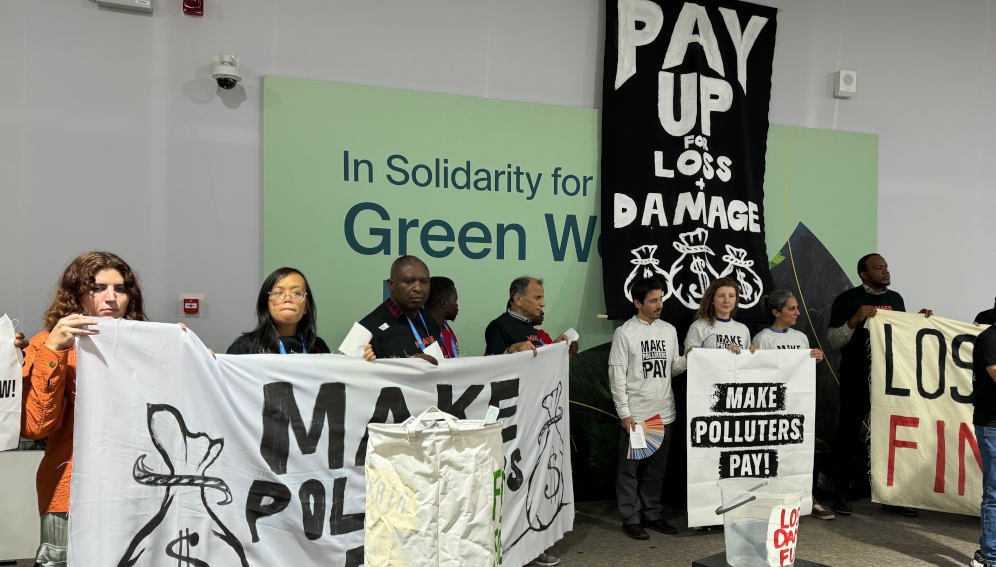By: Hadeer Elhadary
This article was originally published by SciDev.net .
The recent COP29 Summit in Azerbaijan which ended on November 24,2024 was a complete flop, according to developing countries. It fell short of the targeted sum of US1.3 trillion in aid needed for developing countries to invest in clean energy to reduce their carbon footprint as well as to deal with the devastating effects of climate change.
Only a paltry US$300 billion a year by 2035 deal was negotiated between wealthier nations. The $1.3trillion target was balked at by wealthier nations. Developing countries want to hold wealthier nations accountable for their contribution to climate change as historically, countries such as the US and the EU, have been the dominant parties responsible for carbon emissions that has led to an increase in temperatures beyond the agreed upon 1.5 degrees Celsius, negotiated at the 2015 COP21 in Paris, France.
Developing countries and small island states were angered by the terms and they eventually decided to walk out on the COP29, souring the negotiation deals. Developing countries and small island states are the most vulnerable to climate change. They have weathered hurricanes that have become more severe over the years and small island states have their existence in question as sea levels rise due to climate change.

Bryton Codd, a negotiator from the Alliance of small island states said “We initially walked out because our requests are not being requested. We later returned to discuss the issues, but no viable solutions emerged, as our concerns were still not acknowledged.
Toeolesulusulu Cedric Schuster, Samoa’s environment minister and chair of the Alliance of Small Island States, said: “We seek to engage in an inclusive process but have felt continuously insulted by the lack of inclusion and ignored calls.”
Nonetheless, Simon Stiell, executive secretary of United Nations Framework Convention on Climate Change, which manages the COP process said “the new goal was an insurance policy, which would only be achieved if premiums were paid in full and on time.
It begs to be seen if developed countries will hold on to their promises. It is very often the least and the most vulnerable that suffer the most from climate change. Given our shared humanity as one people, one world, it is duly our responsibility that aid and safety be accorded to the protect the least of the least.

